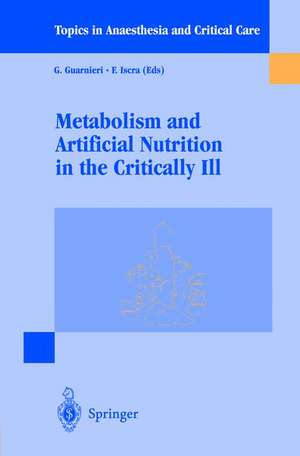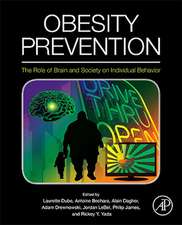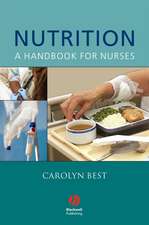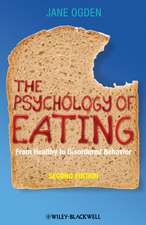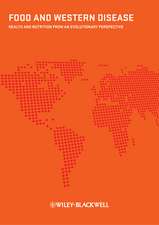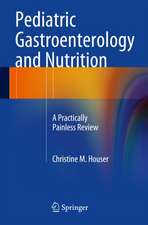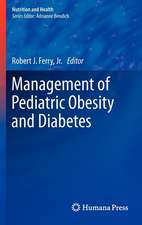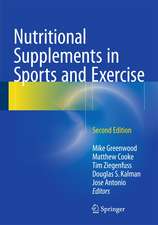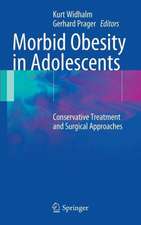Metabolism and Artificial Nutrition in the Critically Ill: Topics in Anaesthesia and Critical Care
Editat de G. Guarnieri, F. Iscraen Limba Engleză Paperback – feb 1999
Preț: 713.54 lei
Preț vechi: 751.10 lei
-5% Nou
Puncte Express: 1070
Preț estimativ în valută:
136.55€ • 142.04$ • 112.73£
136.55€ • 142.04$ • 112.73£
Carte tipărită la comandă
Livrare economică 14-28 aprilie
Preluare comenzi: 021 569.72.76
Specificații
ISBN-13: 9788847000421
ISBN-10: 8847000424
Pagini: 256
Ilustrații: XIV, 237 p. 5 illus.
Dimensiuni: 155 x 235 x 13 mm
Greutate: 0.36 kg
Ediția:1999
Editura: Springer
Colecția Springer
Seria Topics in Anaesthesia and Critical Care
Locul publicării:Milano, Italy
ISBN-10: 8847000424
Pagini: 256
Ilustrații: XIV, 237 p. 5 illus.
Dimensiuni: 155 x 235 x 13 mm
Greutate: 0.36 kg
Ediția:1999
Editura: Springer
Colecția Springer
Seria Topics in Anaesthesia and Critical Care
Locul publicării:Milano, Italy
Public țintă
Professional/practitionerCuprins
Basics and methods.- 1 — Substrate metabolism in critical illness.- 2 — Measurement of the body composition.- 3 — Energy and ATP: Costs and benefits.- 4 — Indirect calorimetry in the critically ill: Theoretical aspects and practical problems.- Local and systemic effects on metabolism.- 5 — Hormonal response of the hypothalamo-pituitary-adrenal axis in injury.- 6 — Sympathetic nervous system and metabolism.- 7 — Regional and systemic metabolic effects after surgical injury.- 8 — What about metabolism and the glutathione system?.- 9 — Carbohydrate and insulin activity in critically ill patients.- 10 — Muscle catabolism, amino acid flux and protein turnover in injury.- Tpn vs ent nutrition — cost and benefits.- 11 — Total parenteral nutrition vs total enteral nutrition in critically ill patients: Costs and benefits.- New strategies on metabolism and nutrition.- 12 — Hormone and growth factors in intensive care patients: Anabolic strategy or utopia?.- 13 — Which metabolic strategies in the early phase of injury?.- 14 — Effects of artificial nutrition on the immune system cells.- 15 — Selective antioxidants and early artificial nutrition as prevention of multiple organ failure.- 16 — Pharmacological nutrition in ICU patients.- Nutrition — steps for the future.- 17 — Metabolism and nutrition in the critically ill: Steps for the future.- Gut and nutrition.- 18 — The gut in healthy conditions.- 19 — The gut in local and systemic disease.- 20 — Bacterial translocation.- 21 — Gut and nutrients.- Old dilemma or new strategies.- 22 — Parenteral vs enteral nutrition.- Main symbols.
